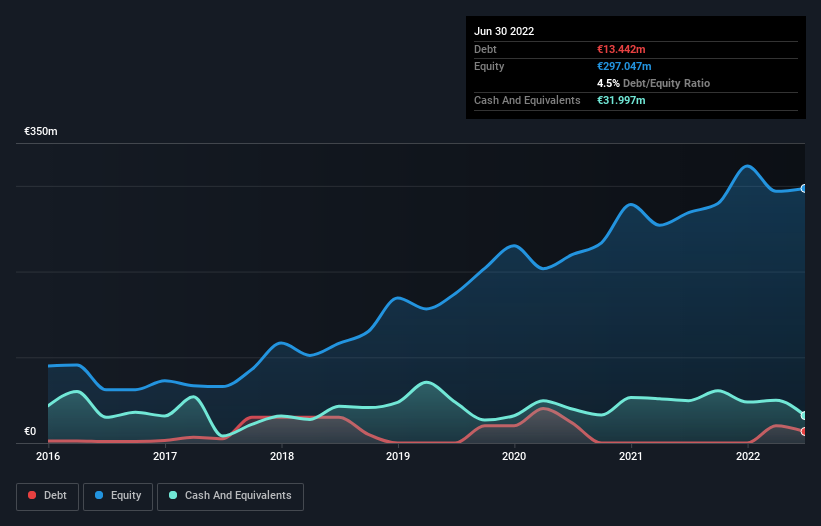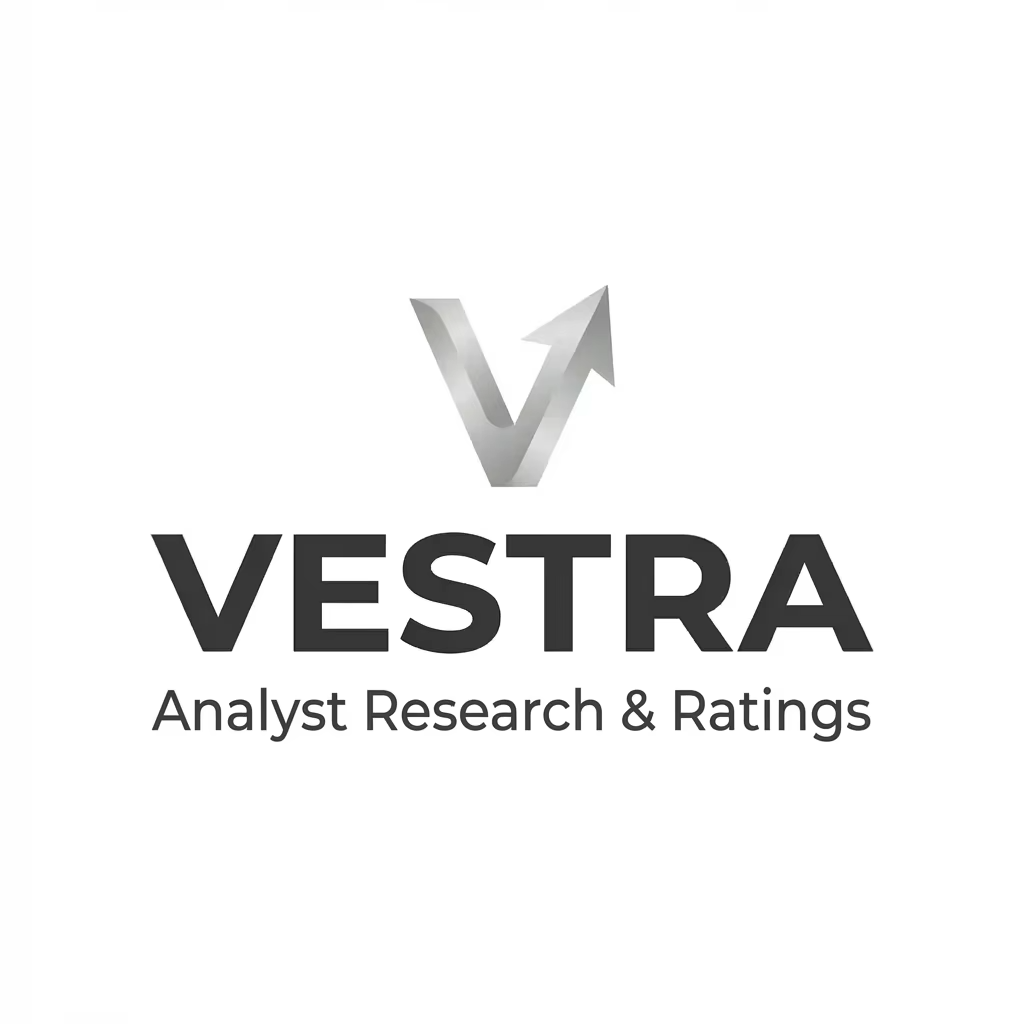Warren Buffett famously said, 'Volatility is far from synonymous with risk.' So it seems the smart money knows that debt - which is usually involved in bankruptcies - is a very important factor, when you assess how risky a company is. As with many other companies SimCorp A/S (CPH:SIM) makes use of debt. But is this debt a concern to shareholders?
Why Does Debt Bring Risk?
Debt and other liabilities become risky for a business when it cannot easily fulfill those obligations, either with free cash flow or by raising capital at an attractive price. Ultimately, if the company can't fulfill its legal obligations to repay debt, shareholders could walk away with nothing. However, a more frequent (but still costly) occurrence is where a company must issue shares at bargain-basement prices, permanently diluting shareholders, just to shore up its balance sheet. Having said that, the most common situation is where a company manages its debt reasonably well - and to its own advantage. When we think about a company's use of debt, we first look at cash and debt together.
Our analysis indicates that SIM is potentially undervalued!
What Is SimCorp's Debt?
As you can see below, at the end of June 2022, SimCorp had €13.4m of debt, up from none a year ago. Click the image for more detail. However, its balance sheet shows it holds €32.0m in cash, so it actually has €18.6m net cash.

A Look At SimCorp's Liabilities
We can see from the most recent balance sheet that SimCorp had liabilities of €154.0m falling due within a year, and liabilities of €77.8m due beyond that. Offsetting these obligations, it had cash of €32.0m as well as receivables valued at €332.6m due within 12 months. So it can boast €132.7m more liquid assets than total liabilities.
This short term liquidity is a sign that SimCorp could probably pay off its debt with ease, as its balance sheet is far from stretched. Simply put, the fact that SimCorp has more cash than debt is arguably a good indication that it can manage its debt safely.
In fact SimCorp's saving grace is its low debt levels, because its EBIT has tanked 25% in the last twelve months. When it comes to paying off debt, falling earnings are no more useful than sugary sodas are for your health. When analysing debt levels, the balance sheet is the obvious place to start. But ultimately the future profitability of the business will decide if SimCorp can strengthen its balance sheet over time. So if you want to see what the professionals think, you might find this free report on analyst profit forecasts to be interesting.
Finally, a company can only pay off debt with cold hard cash, not accounting profits. SimCorp may have net cash on the balance sheet, but it is still interesting to look at how well the business converts its earnings before interest and tax (EBIT) to free cash flow, because that will influence both its need for, and its capacity to manage debt. Over the most recent three years, SimCorp recorded free cash flow worth 74% of its EBIT, which is around normal, given free cash flow excludes interest and tax. This free cash flow puts the company in a good position to pay down debt, when appropriate.
Summing Up
While it is always sensible to investigate a company's debt, in this case SimCorp has €18.6m in net cash and a decent-looking balance sheet. The cherry on top was that in converted 74% of that EBIT to free cash flow, bringing in €63m. So we don't have any problem with SimCorp's use of debt. When analysing debt levels, the balance sheet is the obvious place to start. But ultimately, every company can contain risks that exist outside of the balance sheet. For example - SimCorp has 1 warning sign we think you should be aware of.
If you're interested in investing in businesses that can grow profits without the burden of debt, then check out this free list of growing businesses that have net cash on the balance sheet.
New: Manage All Your Stock Portfolios in One Place
We've created the ultimate portfolio companion for stock investors, and it's free.
• Connect an unlimited number of Portfolios and see your total in one currency
• Be alerted to new Warning Signs or Risks via email or mobile
• Track the Fair Value of your stocks
Have feedback on this article? Concerned about the content? Get in touch with us directly. Alternatively, email editorial-team (at) simplywallst.com.
This article by Simply Wall St is general in nature. We provide commentary based on historical data and analyst forecasts only using an unbiased methodology and our articles are not intended to be financial advice. It does not constitute a recommendation to buy or sell any stock, and does not take account of your objectives, or your financial situation. We aim to bring you long-term focused analysis driven by fundamental data. Note that our analysis may not factor in the latest price-sensitive company announcements or qualitative material. Simply Wall St has no position in any stocks mentioned.
About CPSE:SIM
SimCorp
SimCorp A/S, together with its subsidiaries, provides investment management solutions for asset management, fund management, insurance, life/pension, central banks, asset servicing, treasury, sovereign wealth, and wealth management companies.
Flawless balance sheet with solid track record.
Similar Companies
Market Insights
Weekly Picks


Is this the AI replacing marketing professionals?

Pro Medicus: The Market Is Confusing a Lumpy Quarter With a Broken Business

The Rising Deal Risk That Helped Sink Netflix’s $72 Billion Bid for Warner Bros. Discovery

The Infrastructure AI Cannot Be Built Without
Recently Updated Narratives


Alphabet Inc. (GOOG): The Gemini Era – Consolidating AI Dominance in 2026.


Meta Platforms Inc (META): The AI Infrastructure Pivot – Monetizing the Next Frontier in 2026.


Enlight Renewable Energy Ltd. (ENLT): Scaling the Global Green Grid – A 2026 Powerhouse.
Popular Narratives


Is Ubisoft the Market’s Biggest Pricing Error? Why Forensic Value Points to €33 Per Share

Nu holdings will continue to disrupt the South American banking market





